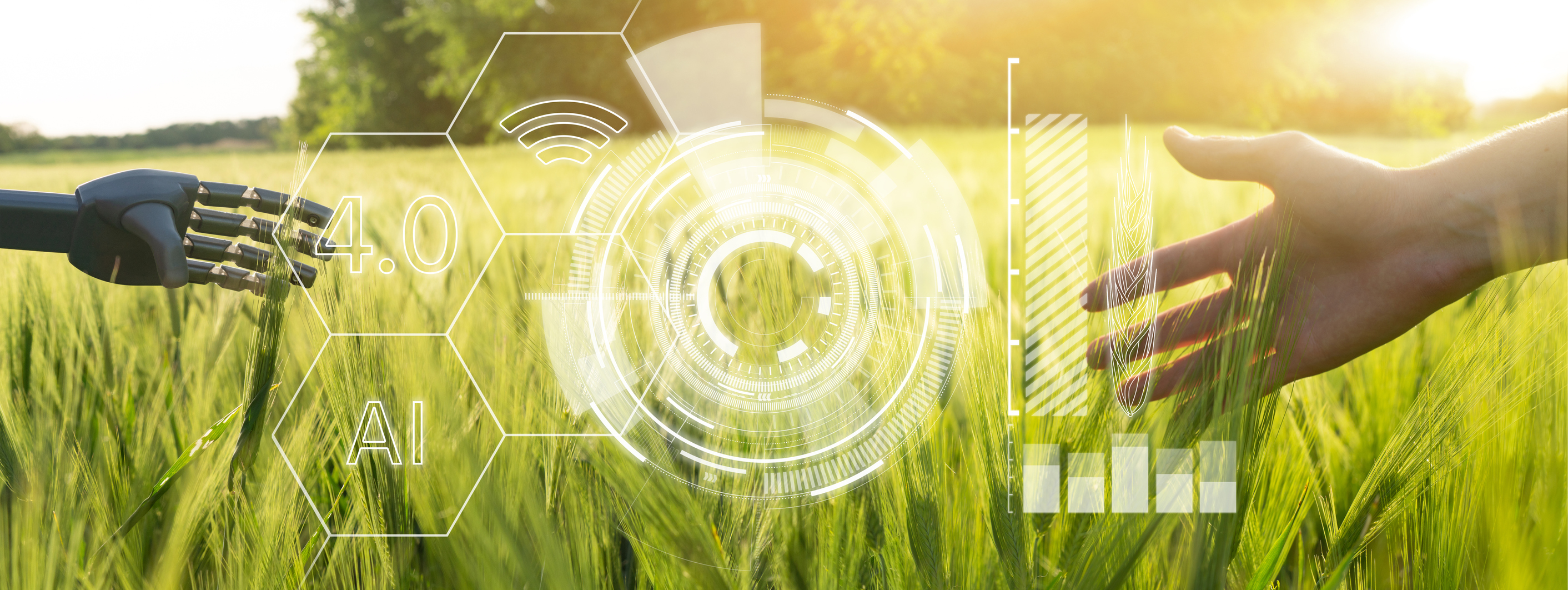Artificial intelligence (AI) is disrupting multiple industries with its decision-making capabilities and ability to interact with the physical world. With an ability to support precision agriculture, automate labor-intensive tasks, verify the sustainability of supply chains, and even accelerate the gene editing of crops, the technology has the potential to supercharge efficiency throughout the agribusiness value chain, says GlobalData, a leading data and analytics company.
 GlobalData’s latest Strategic Intelligence report, “Artificial Intelligence in Agriculture,” reveals that the natural language capabilities of generative AI will improve knowledge sharing and skill acquisition across the sector. AI farm management systems monitor and analyze crop yields and soil health before recommending the most efficient use of resources. Computer vision can also enable autonomous farm robots, speeding up labor-intensive farming processes.
GlobalData’s latest Strategic Intelligence report, “Artificial Intelligence in Agriculture,” reveals that the natural language capabilities of generative AI will improve knowledge sharing and skill acquisition across the sector. AI farm management systems monitor and analyze crop yields and soil health before recommending the most efficient use of resources. Computer vision can also enable autonomous farm robots, speeding up labor-intensive farming processes.
Aoife McGurk, Associate Analyst, Strategic Intelligence at GlobalData, comments: “Agriculture is facing numerous complex challenges, and pressure on the sector to produce food for a growing population has never been greater. According to UN estimates, the global population will hit 9.7 billion by 2050, and urbanization is reducing the supply of arable land and rural workers necessary to feed this population. On top of this, anthropogenic climate change is making farming more costly and less reliable, with extreme weather events devastating harvests more frequently. To overcome these challenges, the agriculture sector must embrace emerging technologies like AI to produce more food with fewer resources.”
Incorporating AI into agriculture will make farming more efficient and reduce the sector’s environmental impact, provided the sector can only overcome its slow tech adoption rate. AI can improve supply chain operations, minimizing friction and verifying sustainability. There is also the potential for AI to enhance crop gene editing and seed production by predicting the outcomes of specific genetic edits.
McGurk continues: “The potential for AI to verify supply chain sustainability is particularly pertinent in the current climate, with the EU’s new deforestation law causing a headache for many large agribusinesses. Cargill is using AI to analyze satellite images and verify that its products’ supply chains have not involved deforestation at any stage. Many agricultural commodity providers could adopt this approach.”
The new report uses GlobalData’s Company Filings Analytics tool to analyze sentiment towards AI across the sector. Between Q3 2019 and Q2 2024, AI only received 979 mentions in agribusiness company filings. This was only 0.3% of the 306,356 mentions of ESG, the most mentioned theme.
McGurk notes: “Issues with scale and tight profit margins mean much of the farming sector faces a slow rate of tech adoption, especially with emerging technologies like AI. Despite the vast array of potential applications in the sector, AI in agriculture is not receiving the attention it deserves.”





























